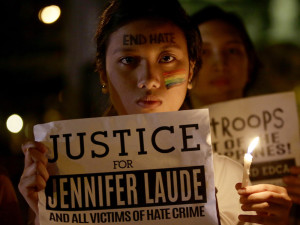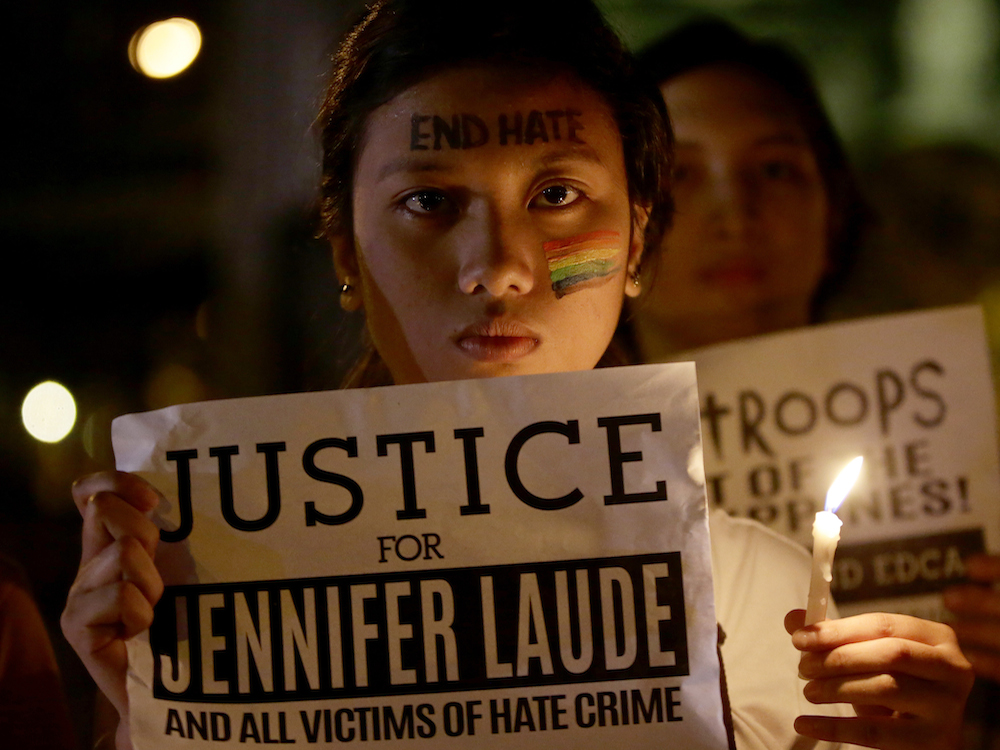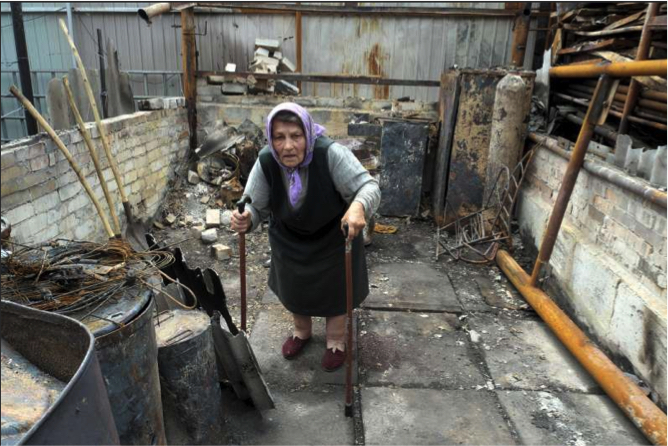On October 11, 2014 following a violent and ultimately fatal beating, the remains of Filipino transgender woman Jeffery “Jennifer” Laude were found in a nightclub toilet, in Olongapo City, Philippines. At the time of writing, the primary suspect is 19-year old United States Marine Private First Class Joseph Scott Pemberton of the Subic Air Naval Base, who is currently facing a murder charge. While this case is unique due to its global visibility, particularly within the Western media and the outspoken criticism by LGBTQ advocates, it is also a significant window into the ongoing deterioration of the American-Philippine security relationship—one of the longest running, and significant Asian strategic security partnerships. New questions are emerging regarding the state of security in the region and how it can affect Western (including Canadian) interest in keeping the region stabilized, especially when the increased visibility has ultimately increased tensions, rather than diffused them.

The Jennifer Laude case comes in the midst of a relative maelstrom of political tensions within the immediate Philippine region. On the international front, the West is caught in the centre of an ongoing power struggle between itself, China, and regional partners in the Asia-Pacific. Most specifically, China’s attempts at claiming islands within the South China/West Philippine sea, most recently justified by citing “ancient ownership” of the region of the Scarborough Shoal, has angered neighbouring nations including Malaysia, Japan, South Korea, and the Philippines. For Canada and the rest of the West, these increased maritime tensions have created a hazardous environment, in which hasty action by any party could be economically disastrous and destabilizing. Amidst these heightened tensions, the Philippines and the United States are engaged in a bilateral debate regarding the implementation of the Enhanced Defense Cooperation Agreement (EDCA), building upon the 1998 “Visiting Forces Agreement”, which allows U.S. forces to join military exercises within the Philippines.
Initially, it is difficult to understand why the firestorm surrounding Jennifer Laude’s murder seems to have significant ramifications for the Philippine relationship with the United States, and by extension, Western influence within the Asia Pacific. Analysts such as Steven Rood from the Asia Foundation, argue that while there is “sensitivity” surrounding the issue, “the average Filipino citizen is very much in favor of having U.S. troops [in the Philippines]. This doesn’t threaten U.S.-Filipino relations; the strategic benefits for the alliance will override this specific issue.” It can also be noted that anti-Western sentiment is nothing exceptionally new within the Philippines: the association of the West with the Martial law authoritarian regime of Ferdinand Marcos; the installation of an American style two party Presidential democracy that has crippled anti-corruption measures in the country; and critiques of neo-colonialist economic practices, have led to heightened tensions and debates surrounding the American-Philippine partnership, but have not significantly effected bilateral agreements.
The current Asian-Pacific political climate already requires cautious navigation and potentially isolating a key ally, risks destabilizing the region further.
Canadians and the West must take note of the Laude case because it is unique. It is significant that Jennifer Laude’s murder can be directly associated to a bilateral international pact that seeks to give the U.S. leverage and increased linkages to the Philippine state. The agreement that currently protects Joseph Scott Pemberton from being immediately released to Philippine authorities is the “Visiting Forces Agreement” from 1998. Under its provisions, he was initially detained under U.S. military custody, enraging Filipinos.
Secondly, the increased anti-Western sentiment in this case is no longer limited to the common critics from Filipino Leftist groups, or student organizations. The evident relationship between the outrage surrounding the Laude case and the ongoing development of the EDCA, has led to an increased backlash by the general public. Mistrust of the West has made itself known with visible signs from the Filipino community, including social media trending topics such as “#ScrapEDCA” and “#JunkVFA”, and mass protests occurring near the U.S. embassy.
Thirdly, the response to the Jennifer Laude case illustrated a transition from anti-American attitudes, to a general perception of the West as hegemonic, and patronizing, viewing Filipinos as “second class citizens in their own country”. Other issues, such as the case of Canadian garbage (initially said to be scrap material for recycling), but instead containing hazardous junk materials, have been raised again leading to outrage and the sentiment that Canada viewed the Philippines as a “its own garbage heap.”
Each of these unique factors illustrates the manifestation of the disillusionment of the Philippines with the West. While the aim of this article is not to overstate the impact of an anti-Western sentiment in a key Pacific partner nation, it does encourage Canadians and the West in general to remain sensitive to Southeast Asian/Filipino reactions in the wake of the Laude case. The current Asian-Pacific political climate already requires cautious navigation and potentially isolating a key ally, risks destabilizing the region further. The mass outrage may warn the United States, Canada, and the West to evaluate how they build security partnerships and strengthen bilateral ties, to prevent the negative sentiment that will be far more detrimental to Asia-Pacific stability than many realize.




